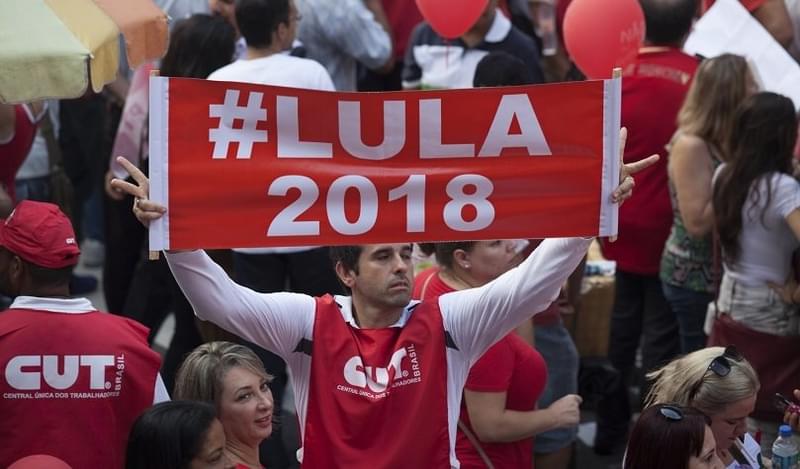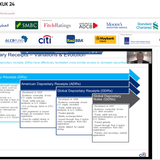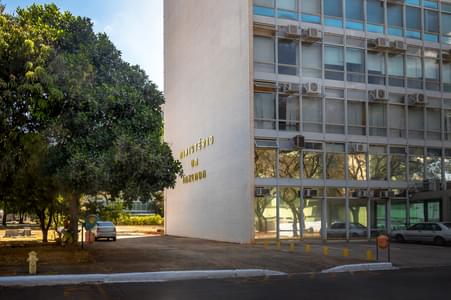Whatever the outcome, it is crucial that the government, old or new, be ready in the near term to propose a consistent economic agenda that has a chance of saving the country from its grave crisis. Without this, the recession will intensify, with worrying effects on the labor market, not to mention the risk if higher inflation.
A scenario with Dilma will certainly pose a major challenge, to say the least. Besides not having a clear grasp of the severity of the crisis, her lack of credibility, inability to admit problems and errors and propose course corrections, and lack of political support are factors that threaten her management. There’s no more time for diversionary tactics. Her credibility is long gone and there is an urgent need for the government to respond to the crisis instead of putting off efforts to address the problem.
The political climate today is more fragile than it was in 2015, when Dilma faced resistance to the fiscal adjustment from her own base, and her central election campaign message, which claimed that the economic downturn was temporary and that the pillars for growth were firmly in place. There was no discussion during the campaign of the need for economic policy changes and enactment of reforms, and this removed the legitimacy of the president to push for a fiscal adjustment. PT contested the inflection (void) of economic policy, and the result is known: Minister Levy fell and fiscal risk increased.
Now it’s likely that her allies will be even more acrimonious. According to press reports, the PT stalwarts are betting that Lula will be able to restore governability, something Dilma has been unable to do. In the meantime, Lula has been giving indications he will be de facto president, along with signals of a need for more fiscal loosening, easing of credit and reduction of the SELIC rate. Should this come to pass, structural reforms would be out of the question, even the most palatable (but ineffective) proposal to reform the social security system put forward by Nelson Barbosa, which dodges controversial but necessary themes like the minimum retirement age, unlinking benefits from the minimum wage, and adjustments to rules governing special privileges.
Lula might try a sudden reversal if impeachment fails, through a second “Letter to the Brazilian People.” But a simple discourse of conciliation without delivering a sufficiently ambitions fiscal agenda will not help. In any event, he would have to backtrack on promises and frustrate the anxieties of the PT, and try to embrace an adjustment agenda that today needs to be much more ambitions than that desired by Levy, because the fiscal situation has deteriorated. But how can he turn the game around after so many promises to the PT, with the risks as high as they are? Who will be Lula’s Levy?
The recent negotiations don’t look promising. Political pundits say that the retail bargaining might be able to assure a sufficient minority to block impeachment, but not strong enough majority to govern.
The PMDB, which played an important role in the approval of the fiscal adjustment measures in 2015, is seeking a middle ground between the government’s proposals and the PT’s demands, but probably won’t have the same posture. Remember, Michel Temer assumed the position of political articulator of the government with Congress between April and August last year. Unless Lula proposes a huge course correction, which appears very unlikely, the opposition wing of the PMDB will not have the same disposition to cooperate.
It is hard to know how the traditional opposition will behave. Until chances of impeachment grew, it had signaled an intention to support measures in the right direction, emerging from its “the worse, the better” phase. However, this did not prevent, even in the heat of the discussions over impeachment, approval in the first floor vote in the Chamber of the proposed constitutional amendment regarding health spending, which would raise the minimum transfer of money from the federal to the subnational governments. The opposition hitched a ride on the decision of PT deputies to vote in favor of the matter, defying the government’s position. The risk of the opposition maintaining this posture of approving irresponsible measures, following the PT’s footsteps, appears relevant in light of the recent events.
We’ve already caught a glimpse of what might happen in a scenario of continuity. The most recent decisions by the government and the position of PT, if continued, will aggravate the fiscal shortfall. And the chasm is huge. Examples of this are the renegotiation of the state governments’ debts, which can take a dangerous path without approval of counterpart concessions (leaving only the cost of the renegotiation, without any future benefits); the discussion on allowing the Central Bank to start issuing bonds again, which would fall foul of the Fiscal Responsibility Law; and recent proposals to increase the budget rigidity and reduce fiscal rigor. In other words, the government has been choosing measures that put off facing the problems and instead loosen the fiscal targets, without any counterpart structural reforms, increasing the fiscal risk.
It’s hard to envision materialization of scenarios in which Lula delivers everything PT wants, or at the other extreme, promotes a major adjustment. He might manage a middle path. But “more of the same” will only aggravate the economic crisis, for which the main culprit is the fiscal crisis.
The deepening economic crisis is undermining the political situation. Thus, it’s hard to envision a scenario with Dilma as an agent for stability.









